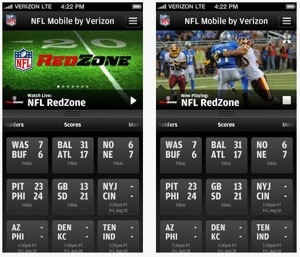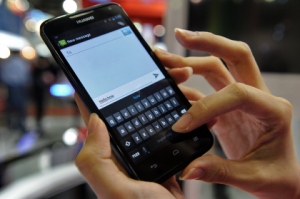After reading the articles it left me a bit unsure as to how to write about what it means to say we live in the “information age”. However, Manuel Castells says, “a central feature of the network society is the transformation of the realm of communication, including media. In this regard, the information age revolves around communication, largely organized around media business conglomerates that are global and local at the same time, and that includes television, radio, the print press, audiovisual production, book publishing, music recording and distribution, and on line commercial firms” (Castells).
The “information age” allows new forms of technology to become the central role of how consumers are able to attain information and knowledge. There has been sufficient advances and changes in the “information age” over time. For instance, we see many organizations have been integrating new forms of media information around the globe; many organizations have been using Facebook and Twitter as tools for advertising and public relations. With today’s technology we see that many firms are forming alliances with each other to heighten new media streams for their consumers. One example is Verizon Mobile’s alliance with the National Football League (NFL). Through this partnership, Verizon was able to produce a new NFL mobile app where fans are able to watch games and view highlights as they happen on the field, including a “side-by-side whip-around action from all of the games” (Braff, 2010). This app enables sports fans to feel more attached to their favorite game, team, and players. As well, it produces new streams of revenues to the two organizations because they are able to target more customers.
In this regard of comparing the information age of the past to our current generation, who would have thought fifty years ago that a fan could watch a replay on their phone, or see what goes on inside the locker room? In my opinion, I am thinking this is already amazing but…… what is next??
References
The Network Society:From Knowledge to Policy by Manuel Castels (chapter 1) (pg 3 – 21)



